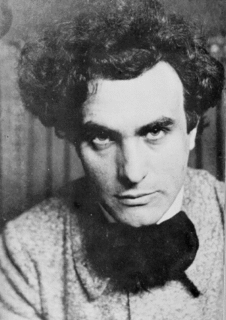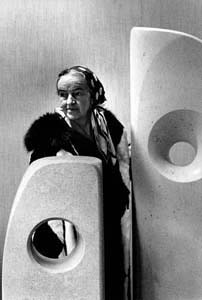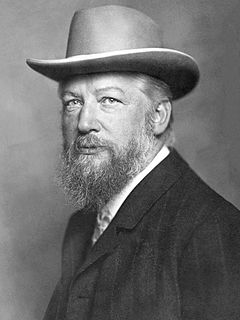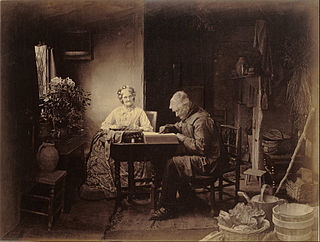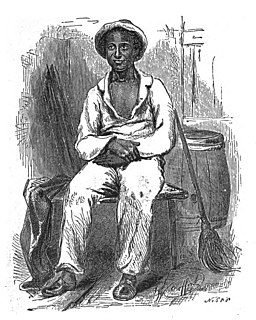A Quote by Edgard Varese
No matter how consummate a work of art may seem, it is only an approximation of the original conception. It is the artist's consciousness of this discrepancy between his conception and the realization that assures his progress.
Related Quotes
Clearly the hardest thing for the working artist is to create his own conception and follow it, unafraid of the strictures it imposes, however rigid these may be... I see it as the clearest evidence of genius when an artist follows his conception, his idea, his principle, so unswervingly that he has this truth of his constantly in his control, never letting go of it even for the sake of his own enjoyment of his work.
Before I start carving the idea must be almost complete. I say 'almost' because the really important thing seems to be the sculptor's ability to let his intuition guide him over the gap between conception and realization without compromising the integrity of the original idea; the point being that the material has vitality - it resists and makes demands.
My only supporter and comrade-in-arms was Georg Helm, who had endeavored to formulate an energetic conception of science before me and had presented his results in a treatise [Die Lehre von der Energie] exhibiting great independence of thought. But we were separated by his aversion to a realistic conception of energy. Consequently, each of us considered the other only a half ally, toward whom an attitude of caution was necessary.
A life lived in chaos is an impossibility for the artist. No matter how unstructured may seem the painter's garret in Paris or the poet's pad in Greenwich Village, the artist must have some kind of order or he will proudce a very small body of work. To create a work of art, great or small, is work, hard work, and work requires discipline and order.
They are deceived who flatter themselves that the ignorant and debased slave has no conception of the magnitude of his wrongs. They are deceived who imagine that he arises from his knees with back lacerated and bleeding, cherishing only a spirit of meekness and forgiveness. A day may come - it will, if his prayer is heard. A terrible day of vengeance when the master in his turn will cry in vain for mercy.
It is only in his work that an artist can find reality and satisfaction, for the actual world is less intense than the world of his invention and consequently his life, without recourse to violent disorder, does not seem very substantial. The right condition for him is that in which his work in not only convenient but unavoidable.
